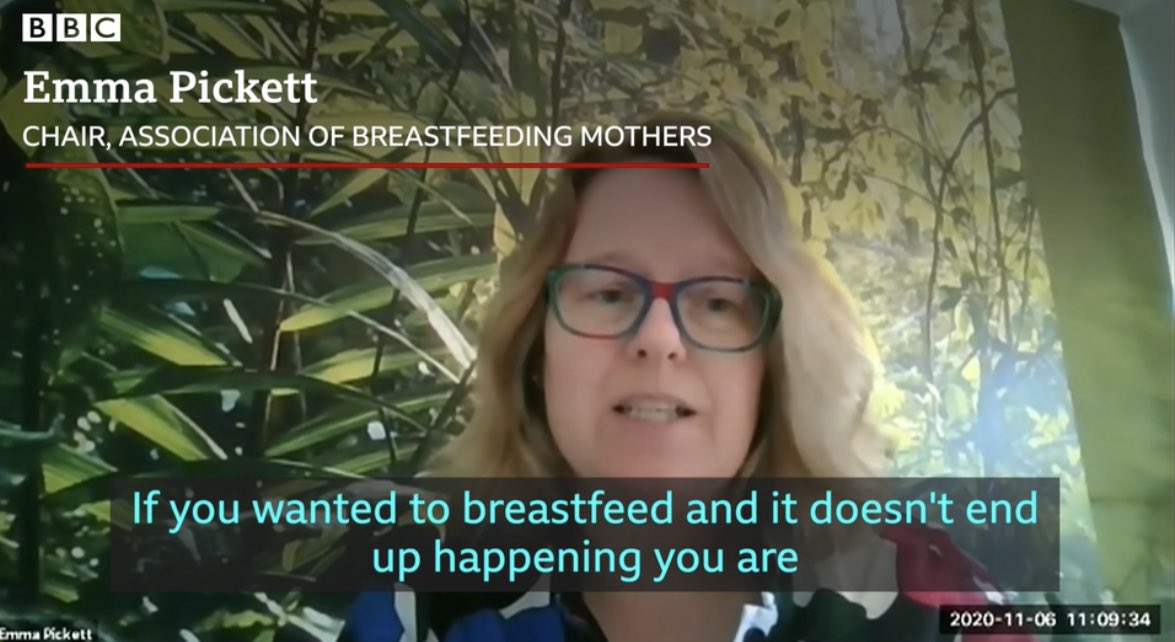Anyone want some science? Today @makesmilk was on the @BBCNews claiming that if you wanted to breastfeed and it doesn’t end up happening you are at massively increased risk of having postnatal depression. So is it true?
We are aware of one study that looked at this hypothesis helpfully summarised by the lovely people at @Mental_Elf
https://www.nationalelfservice.net/populations-and-settings/pregnancy/breastfeeding-and-postpartum-depression/
Or you can find the original study here: https://www.nationalelfservice.net/populations-and-settings/pregnancy/breastfeeding-and-postpartum-depression/
https://www.nationalelfservice.net/populations-and-settings/pregnancy/breastfeeding-and-postpartum-depression/
Or you can find the original study here: https://www.nationalelfservice.net/populations-and-settings/pregnancy/breastfeeding-and-postpartum-depression/
They looked at a large cohort of 8000 babies born in the Bristol area in the early 1990s and they split them into 4 groups
1. Intended to bf and did
2. Intended to bf and didn’t
3. Didn’t intend to bf and didn’t
4. Didn’t intend to bf and did
1. Intended to bf and did
2. Intended to bf and didn’t
3. Didn’t intend to bf and didn’t
4. Didn’t intend to bf and did
And compared their scores on the Edinburgh postnatal depression scale... a screening tool to identify people at risk of postnatal depression at 8 weeks, 8 months, 21 months and 33 months postpartum...
So did they find MASSIVE differences
So did they find MASSIVE differences
They found that those who planned to BF and did were at lower risk of PND as assessed by the EPDS at 8 weeks but not at 8 months or 21 months and there were some differences at 33 months. They also found a higher risk for depression among mothers who didn’t intend to bf and did
But for women assessed to be at high risk for depression antenatally and didn’t intend to BF the risk of depression was lower if they did BF...
The authors conclude that their data offers little evidence that BF is causally related to PND
The authors conclude that their data offers little evidence that BF is causally related to PND
But then go on to suggest that their data suggests the provision of BF support might improve the health of new mothers ...
There’s no evidence in their paper that BF support improves MH outcomes! And we have to say it again (and again and again and again)
It’s equally plausible that if you wanted to BF but were depressed that depression could make it harder to cope with the demands of BFing... who knows what came first ...
It’s also possible that people at risk for depression might not intend to BF if they’re concerned it could make their depression worse but if they feel pretty ok after the birth then they might decide to BF...
Which could explain why people at risk for depression antenatally who didn’t intend to BF but did had lower depression scores...
IE. Reverse causality
IE. Reverse causality
What Borra et al. do not consider is the role of BF promotion and other social and cultural influences on BF and what it means when women are not able to BF or decide not to... and we are aware that this data was collected in the early 90s before BF promotion was what it is today
And we think that’s kind of important ... because there really isn’t good evidence to say how BFing or not BFing impacts on maternal mental health and there isn’t single study of how BF support groups or the current approach to BF promo might impact maternal mental health.
But when we tolerate jumped up claims about health benefits of BF, ignore risks, downplay impact of BF difficulties on families, oversell BF support (because there’s no evidence re what helps families to BF) & don’t reflect the realities of our experiences..
We should be ready to ask difficult questions about what impact of current BF promotion and support might be having on families’ mental health and psychological well being.

 Read on Twitter
Read on Twitter



